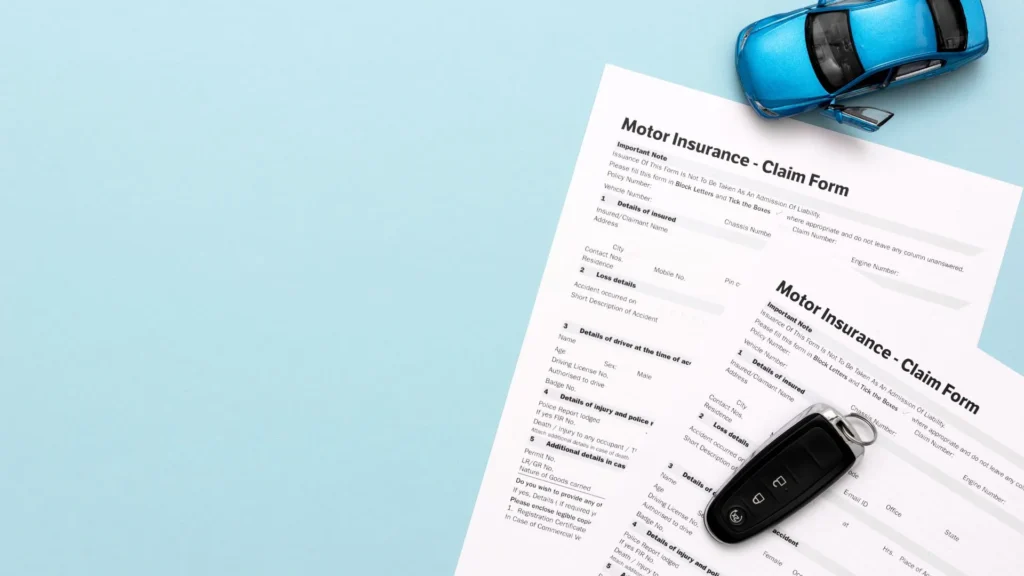Understanding car insurance across different states can be confusing. Some policies cover everything, while others must be specific to each state. To figure it out, you need to know about things like having homes in different places and what each state requires. Understanding the implications is crucial, as each state has its own insurance requirements and regulations. Car insurance policies are generally tied to the vehicle’s primary location and the driver’s residence, making dual policies potentially problematic. It’s all about making sure you’re protected wherever you drive. In this blog, let’s explore if you can have car insurance in two different states.
Understanding Multi-State Car Insurance Needs
Most of the time, you can cruise across state lines with peace of mind! Car insurance policies typically come with a “broadening clause,” an invisible force field protecting you wherever you roam in the US. This means your existing policy should handle basic coverage in other states. But there are exceptions. Snowbirds with multiple residences, for instance, might need separate policies to comply with each state’s registration and insurance requirements. It’s always best to check with your insurance company if your situation is unique to ensure you’re properly covered on the road, no matter where your adventure takes you.
Exceptions Requiring Two Policies
While a single auto policy usually suffices for interstate travel, there are situations where separate policies become a necessity.
Dual Residence
If you’re a snowbird or maintain legitimate residences in multiple states, insurers will likely require you to have dedicated policies for each garaging address. After all, your rates hinge on location-specific risks like weather, traffic patterns, and crime rates.
Specific state requirements
Some states just have to be difficult, you know? Like Michigan, which requires unlimited personal injury protection on your policy, you’ll have good luck finding that covered under a standard out-of-state plan. If you’re splitting time in one of those quirky states with weird mandates, you’ll likely need a separate policy just to stay legal.
Alternatives to Having Two Policies
Here are some alternatives to consider:
Checking coverage
Before diving into dual insurance, chat with your current provider. They can review your policy and see if it offers enough coverage for both states. Think of them as your car insurance translator, ensuring you understand what your existing policy protects.
Exploring multi-car policy
Some insurers offer sweet multi-car discounts if you’re a proud owner of multiple vehicles. You could add the car you primarily use in the other state to your existing policy, saving you some serious cash. It’s like a car insurance magic trick, pulling a cheaper rate out of your wallet.
Adding additional coverage
If your concern is specific requirements, like personal injury protection (PIP) in a certain state, you can add it as an endorsement to your current policy. This way, you just add a specific feature without needing a whole new policy. It’s like adding sprinkles to your car insurance sundae – a small addition for a big difference.
Conclusion
While it is possible to have car insurance in two different states, it can lead to complications and is generally not advisable. Even as having two car insurance policies can be required in certain circumstances, exploring alternatives and discussing your options with your insurer can help you confidently navigate state lines while minimizing costs and ensuring adequate coverage.
Most insurers require that the policy to be registered in the state where the vehicle is primarily garaged and where the driver resides. Consult with your insurance provider to navigate these complexities effectively. Also, consider using Beem to explore different options and get personalized car insurance quotes from industry’s leading providers.
FAQs
Do I need separate car insurance policies if I drive in different states?
Typically not, as many insurance policies provide coverage nationwide. However, specific situations, such as having two homes or states with unique requirements, may necessitate separate policies.
Why does my insurance go up when I change my address?
Your location influences insurance rates. If you move to an area perceived as higher risk by insurers, your premium may increase due to factors like crime rates, population density, and frequency of accidents.
Can I have car insurance in a state different from my registration?
Generally not. Your car insurance must comply with the state where your vehicle is registered, barring rare exceptions. This alignment ensures that your coverage meets the legal requirements and regulations of the state in which you operate your vehicle.




























